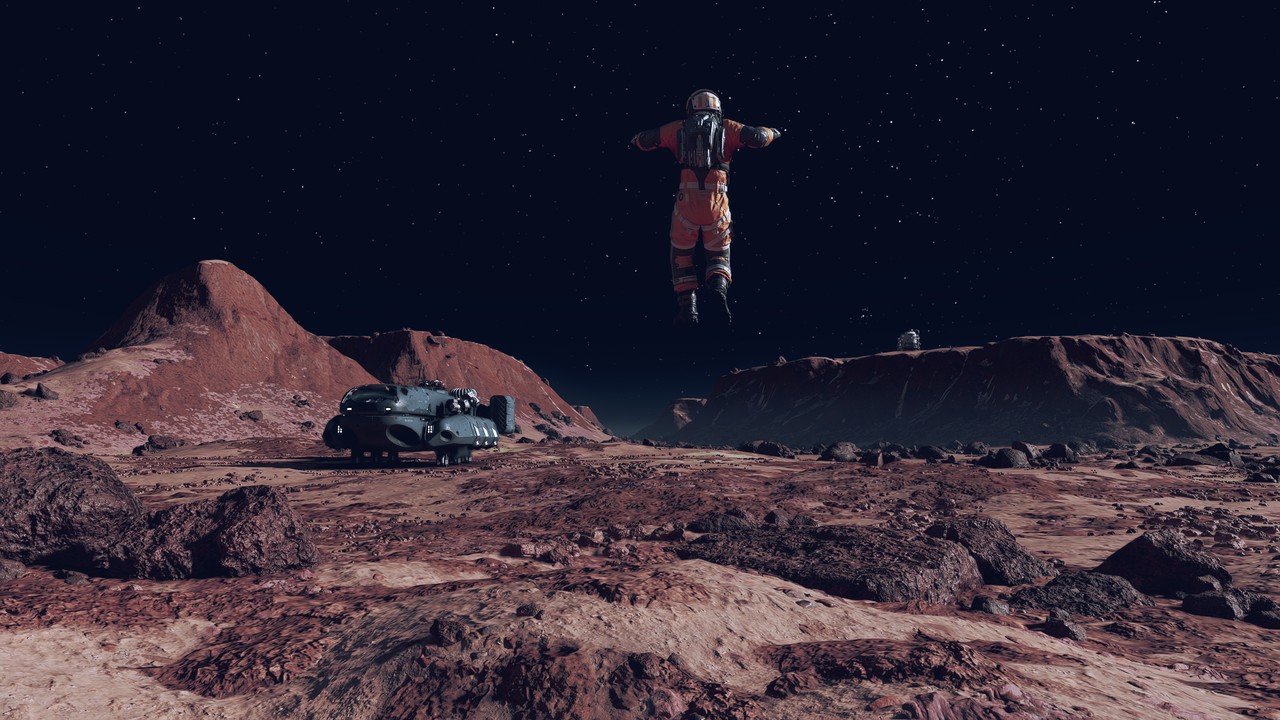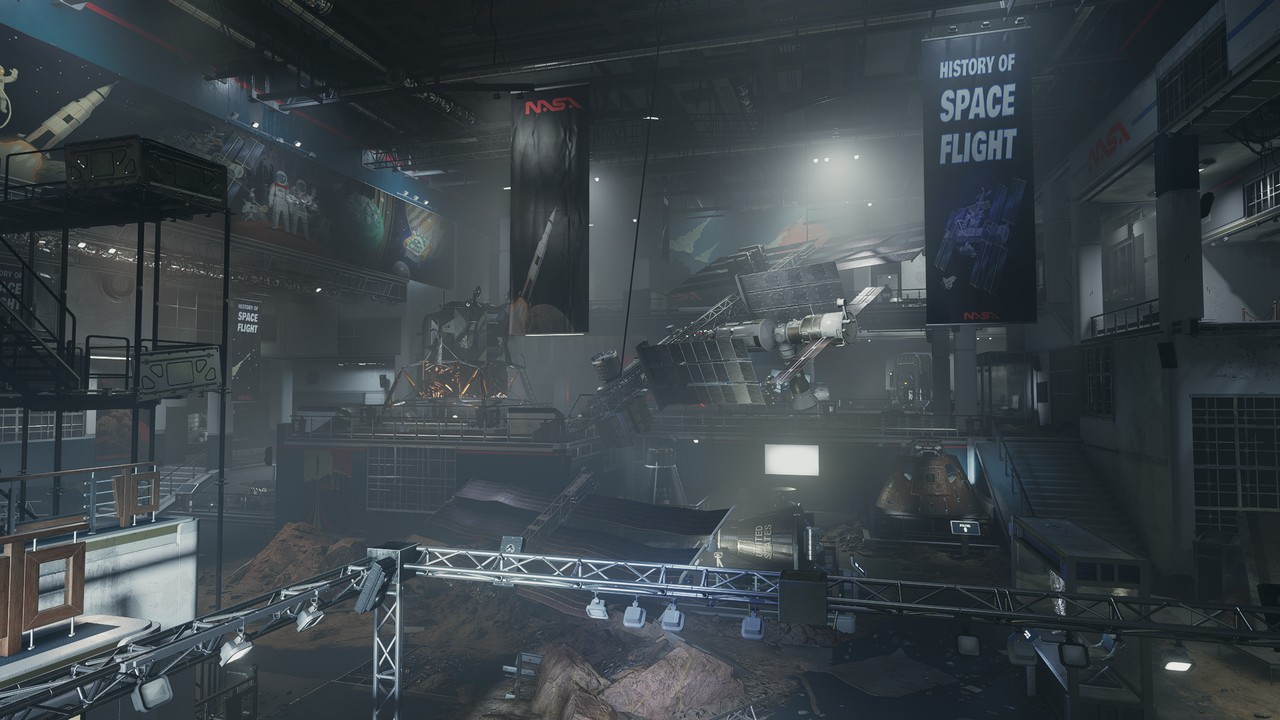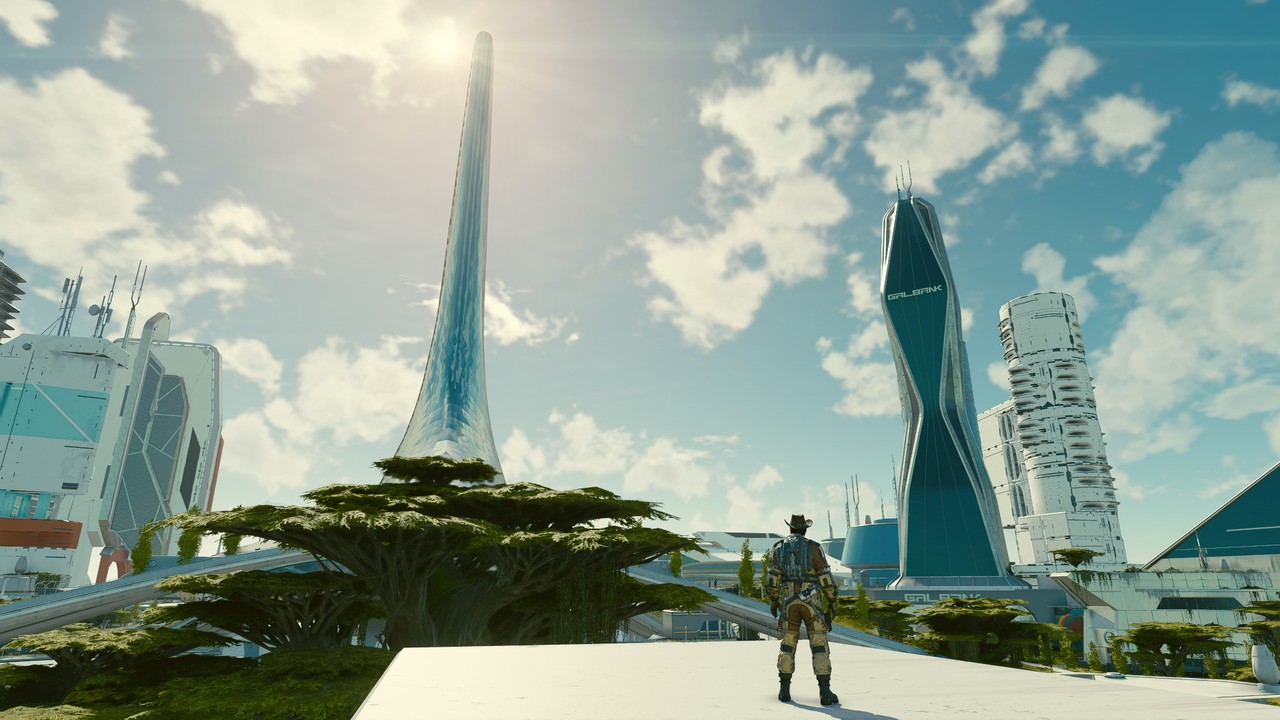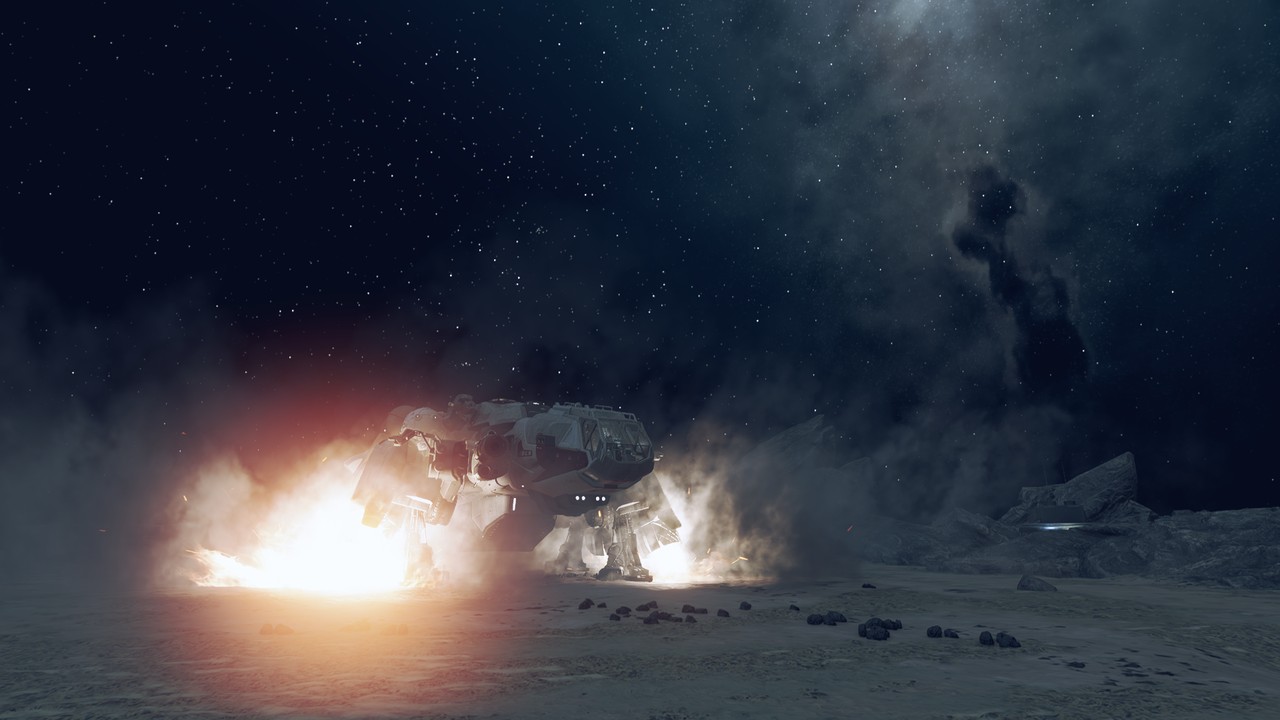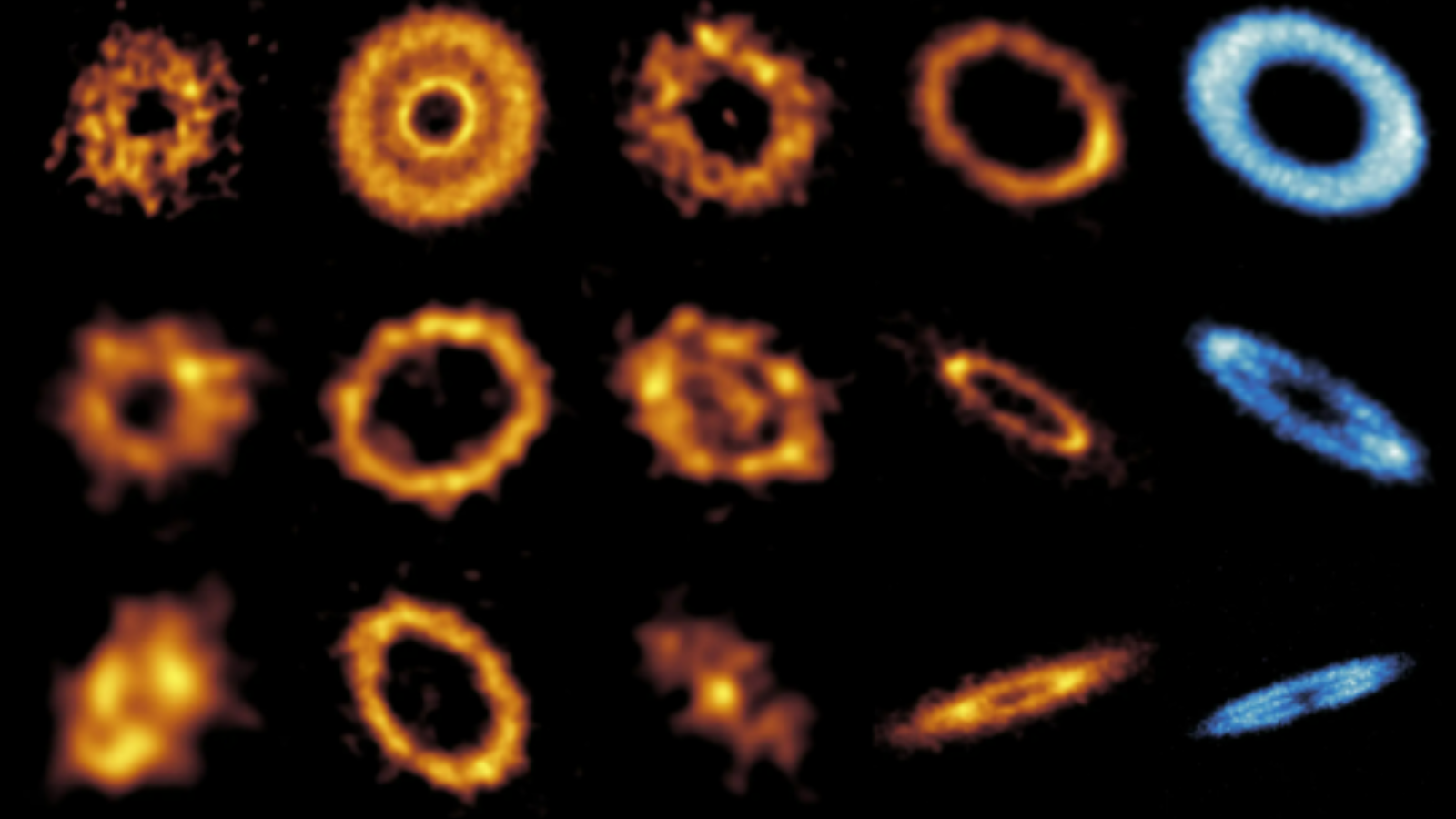'Starfield' is an inspiring odyssey that could rekindle mainstream interest in space exploration
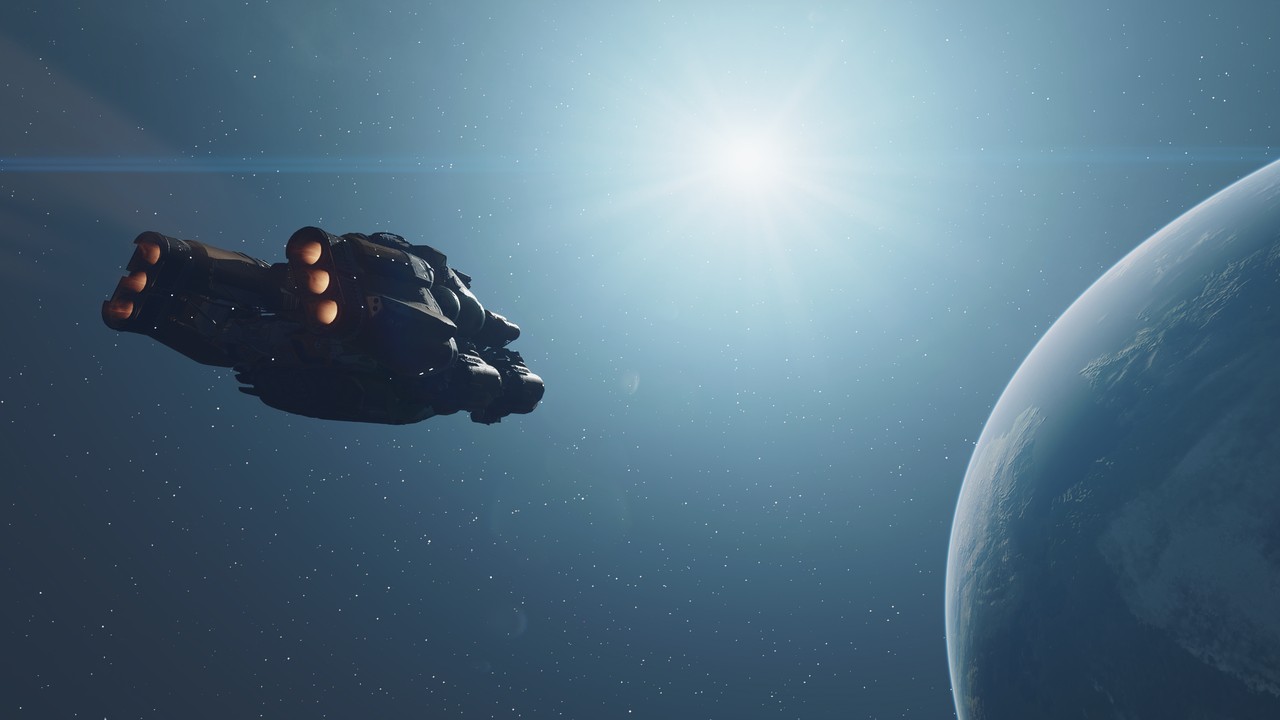
If you're an avid gamer and/or someone who can't stop thinking about outer space and what our future among the stars might hold, chances are you've been playing Starfield, Bethesda Game Studios' latest open-world video game, non-stop for the last few weeks.
It's definitely an adventure worth embarking on for fun, but we also believe it's one of those works of science fiction with the potential to have a large impact on how people perceive real-life space exploration and other ongoing scientific efforts.
The topic of space exploration and colonization is a very common one in modern video games, with sci-fi settings often being front and center, helping shape the games' many systems and mechanics instead of serving as mere backdrops. This seems to suggest Starfield's basic premise isn't that different from that of many renowned titles we've had in recent years, such as "Astroneer," but just a couple of hours with Bethesda's most ambitious title so far highlights how its depiction of humanity's star-bound future is denser and more thoughtful than most.
If you're looking for more suggestions on the best games set in outer space, you can read through our best space horror games and best alien invasion games ranked lists. For picks based on sci-fi franchises, we've got you covered with the best "Alien," "Star Trek," "Star Wars," and "Warhammer 40K" games of all time.
Related: Is 'Starfield' a far-flung fantasy or a glimpse of mankind's space-bound future?
Caution: Mild spoilers ahead for "Starfield"
"Starfield" is set in the year 2330, which we could consider far into the future, but certainly closer to present day than many famous sci-fi stories. Surprisingly, humanity didn't start colonizing planets in the Sol system and beyond because Earth couldn't sustain us anymore, though it's suggested that would've happened eventually. After Mars was conquered in 2050, the 2100s brought the shocking revelation of a mysterious artifact that allowed humans to develop "grav drive" technology — portable jumpgates that enabled ships to open "crossings" between real space and hyperspace.
Breaking space news, the latest updates on rocket launches, skywatching events and more!
This all sounds fine and like the perfect starting point for humanity's space odyssey, but Earth's magnetosphere begins to rapidly deteriorate for reasons unknown, and humanity is forced to put ridiculous amounts of resources into fully developing the grav drive tech and finding a suitable new home pronto. This all happens within 10 years after learning about the terrible truth, and it's only possible because the entirety of mankind pushes in the same direction to avoid extinction.
The "Starfield" universe is an alternative version of our own, which means NASA is at the center of the game's past and everything surrounding the discovery of the first artifact and the subsequent development of the grav drives. Without getting too far into spoiler territory, players can eventually make their way back to Earth and visit the ruins of one of NASA's main bases of operations, now little more than a rusty island in the middle of a dead sea of dust and sand.
The game treats this brief trip — though you're free to spend more time on the silent planet — with lots of respect and reverence for the organization. "Starfield" already sports some pretty nifty and memorable "NASA-punk" aesthetics that cover many of the ships, everyday tech, and buildings found across the Settled Systems, but NASA and the many scientists from the "old Earth" are legends for the members of Constellation and anyone with even the slightest passing interest in space travel.
Related: 'Starfield' animated anthology introduces gamers to its inhabited planets (videos)
In an age where the mainstream conversation appears to be centered on more immediate matters, the conquest of space — something which could become a pressing necessity should we keep bleeding our home planet dry — has taken a backseat. This in turn translates into less funding and less public interest in what's going down regarding the study of not only neighboring celestial bodies, but also what lies beyond our system.
How can a blockbuster video game change all this? It can't. Fiction will never directly control what does or doesn't happen in our world. But it can inspire new generations to ask the right questions, and it can nurture their curiosity. We've seen this happen many times before, with seminal works of sci-fi such as "Star Wars" or "Dune." No matter the medium, powerful stories and captivating fictional worlds have a way of getting into people's heads. For a child, they might turn out to be the gateway into a professional career in writing, filmmaking, game development or even science.
"Starfield" has all the right ingredients to have a lasting impact on modern culture, like other Bethesda games such as "Skyrim" or "Fallout." As a video game, it's a refreshing and bold take on the open-world formula despite some flawed elements. Yet it's the more conceptual bits and the adventurous spirit that might make it a modern classic that we keep coming back to time and again. It's a highly flexible experience that rewards curiosity and makes the vastness of space more than an infinite playground.
More importantly, almost every activity or profession in the game that doesn't involve violence feels firmly rooted in modern science and technology. It's far from being a complicated simulator, but it cares about the details and about the in-universe history behind every gadget, vehicle or contraption. The main characters — at least those who are related to the main quest — are also passionate about what they do and why they care so much about space exploration in a time where humanity seems happy to stop pushing into the final frontier. It's truly inspiring stuff that perfectly encapsulates why we are capable of wonderful things the moment we stop fighting each other.
Mind you, the Settled Systems are full of danger and evildoers. Earth was left behind, but our recurring conflicts weren't. It's a realistic vision of humanity and our troubled history on a larger scale. Ultimately, however, "Starfield's" main thoughts on humankind are refreshingly optimistic, much like its take on what's out there. It's scary to venture into the unknown, but we've done it before, and there will always be someone willing to figure out what's next and make the jump as long as good fiction keeps making us dream of making the impossible somewhat possible.
Fran Ruiz is our resident Star Wars guy. His hunger for movies and TV series is only matched by his love for video games. He got a BA of English Studies, focusing on English Literature, from the University of Malaga, in Spain, as well as a Master's Degree in English Studies, Multilingual and Intercultural Communication. On top of writing features and other longform articles for Space.com since 2021, he is a frequent collaborator of VG247 and other gaming sites. He also serves as associate editor over at Star Wars News Net and its sister site, Movie News Net.
